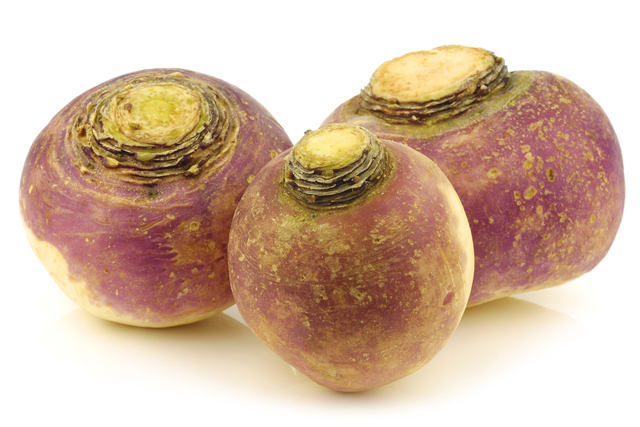Sprouts – sources, health benefits, nutrients, uses and constituents at NaturalPedia.com
07/29/2017 / By Earl Garcia

Sprouts are the germinated seeds of certain legumes or grains such as mung beans, alfalfa, and soybeans. Other varieties of sprouts also include fenugreek, black beans, and kidney beans as well as wheat, split peas, and garbanzo beans. Sprouts are highly valued for their culinary use and medicinal properties.

List of known nutrients
Sprouts are known for their heavy nutrient content despite their small size. These superfoods carry a vast amount of essential vitamins and minerals that improve the body’s overall health. An entry posted on the SELF Nutrition Data website lists the important nutrients found in sprouts.
- Betaine
- Calcium
- Choline
- Copper
- Folate
- Iron
- Magnesium
- Manganese
- Niacin
- Pantothenic Acid
- Phosphorus
- Potassium
- Riboflavin
- Selenium
- Sodium
- Thiamin
- Vitamin A
- Vitamin B6
- Vitamin B12
- Vitamin C
- Vitamin E
- Vitamin K
- Zinc
Medicinal uses for sprouts
Sprouts are notably high in enzymes that bolster various metabolic processes and chemical reactions in the body. These enzymes are especially helpful in promoting nutrient absorption and enhancing the digestive system’s overall health. Aside from this, sprouts are an excellent source of dietary fiber that activates gastric juice production and facilitates the digestive process. This makes sprouts an effective remedy to various digestive issues such as diarrhea and constipation. Additionally, sprouts are touted to promote satiety by inhibiting the appetite hormone ghrelin. As a result, they help facilitate weight loss and reduce the likelihood of obesity.
Sprouts are also notably high in powerful antioxidants that counter the harmful effects of free radicals and prevent the onset of skin and colon cancer. Likewise, the high antioxidant content in sprouts is helpful in warding off premature aging and cognitive decline. They also have an abundant supply of omega-3 fatty acids. Omega-3 is a type of good cholesterol that helps lower bad cholesterol levels.
Aside from this, the healthy fats in sprouts are known for their anti-inflammatory effects that reduce cardiovascular stress. Sprouts are also high in potassium, which acts as a vasodilator that promotes blood flow by relaxing tension in the arteries and blood vessels. As a result, this promotes circulation and oxygenation and lowers the odds of blood clots, atherosclerosis, heart attacks, and strokes. Likewise, sprouts are rich in iron and copper, which are essential in promoting red blood cell production. This lowers the odds of developing anemia.
In addition, sprouts contain high vitamin C levels that help fortify the body’s overall immunity. The ample vitamin C supply in sprouts are touted to increase white blood cell production, which in turn protects the body against a host of infections and diseases. Besides this, the superfoods’ anti-inflammatory properties help relieve respiratory conditions including allergy and asthma.
Moreover, the high vitamin A levels in sprouts are found to effectively stave off various eye disorders such as glaucoma, cataracts, and macular degeneration. On the other hand, sprouts are found to maintain a healthy hormonal balance among women. Likewise, they are rich in folates that help ward off neural tube defects in infants.
Body systems supported by sprouts
Sprouts are particularly beneficial to the digestive system. Likewise, the superfood’s high nutrient content bolsters the body’s cardiovascular and circulatory profiles. Sprouts are also known to benefit the nervous, immune, and respiratory systems. In addition, sprouts support the ocular and female reproductive systems.
Ways to use sprouts
Sprouts are versatile vegetables that can be added to a variety of recipes including stir fries, salads, and soups. Likewise, they can be used in baked goods and other traditional dishes. An article posted on the India Times website has curated some interesting recipes for sprouts.
Where to learn more
- Sprouts: So fresh, they’re still growing!
- Sprouts boost energy, digestion and immunity
- 5 Vegetable Sprouts Good for Your Health
- Eating raw sprouts provides powerful anti-cancer effect, says new research
- Create Kitchen Garden Sprouts that Have 50 Times the Anti-cancer Capacity of Broccoli
Summary
Sprouts prevent cancer, cardiovascular diseases, and digestive issues.
Sprouts ward off cognitive decline, anemia, obesity, and infections.
Sprouts also prevent respiratory conditions, eye diseases, and birth defects.
Sprouts benefit the digestive, cardiovascular, and circulatory systems.
Sprouts support the nervous, immune, and respiratory systems.
Sprouts also promote the ocular and female reproductive systems.
Sources include:
Tagged Under: sprouts




















